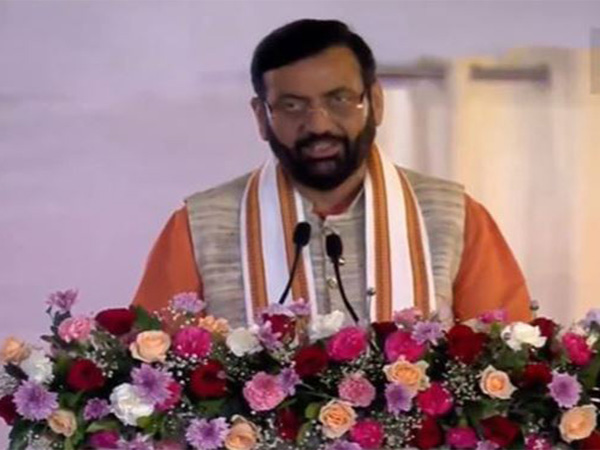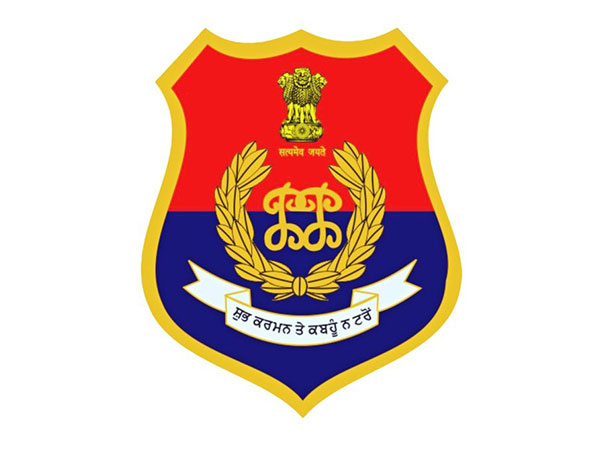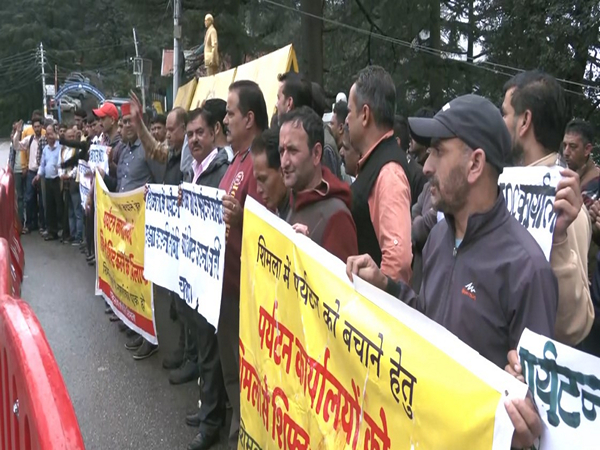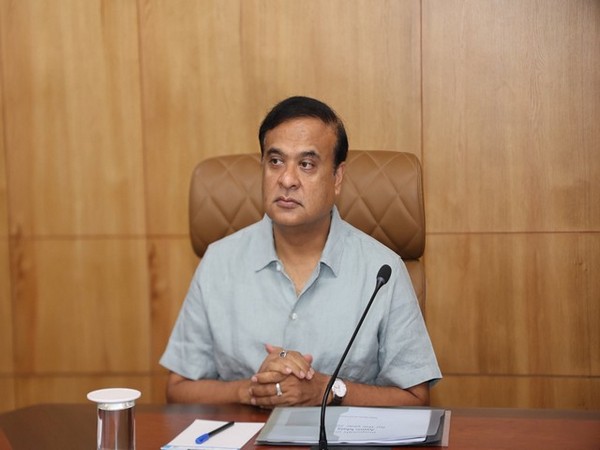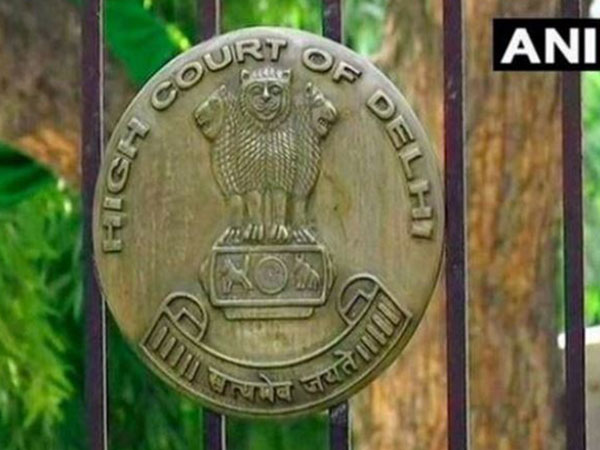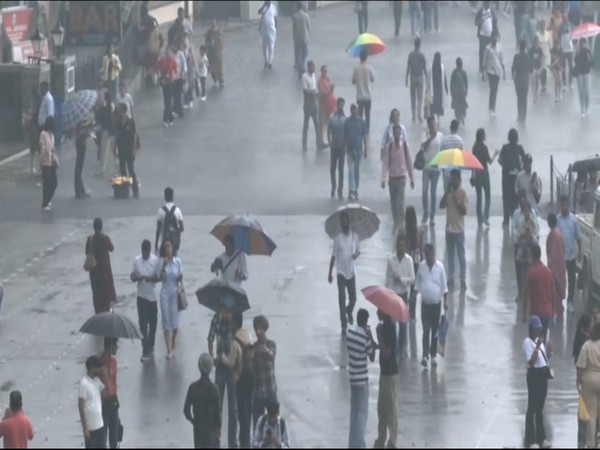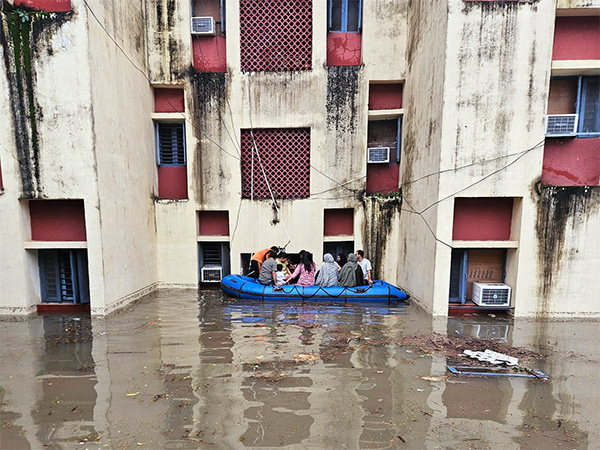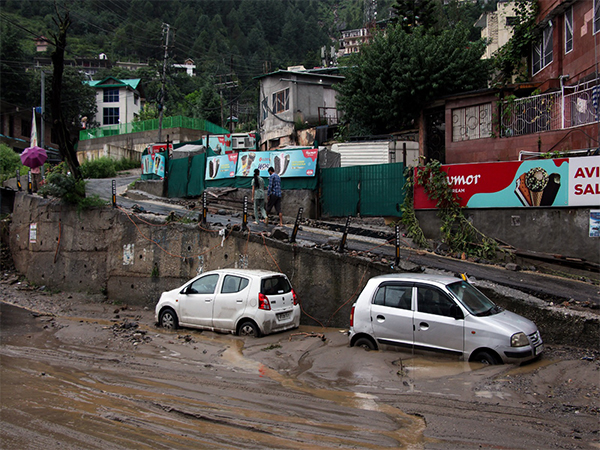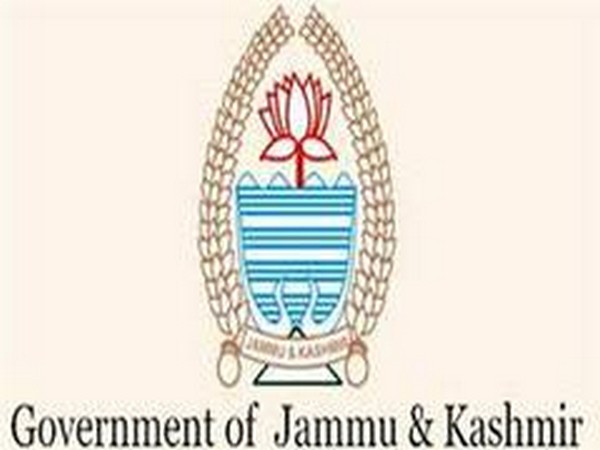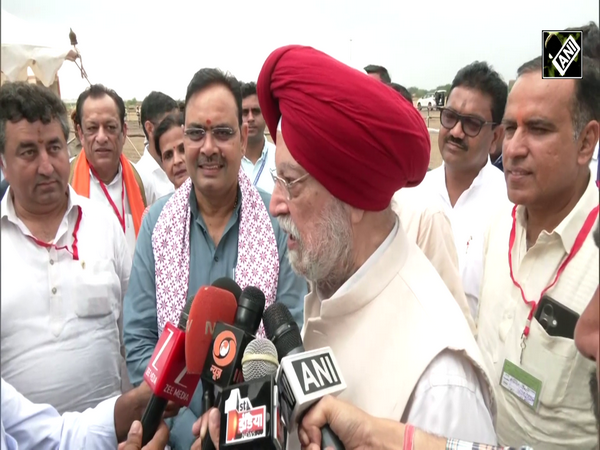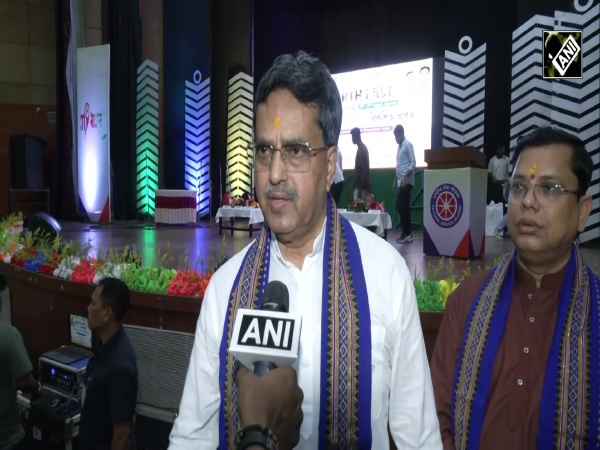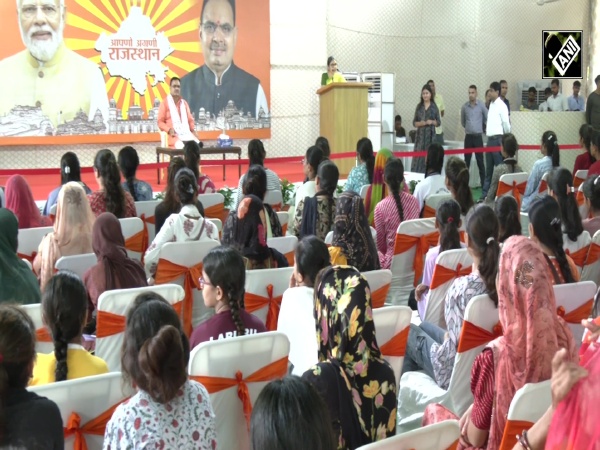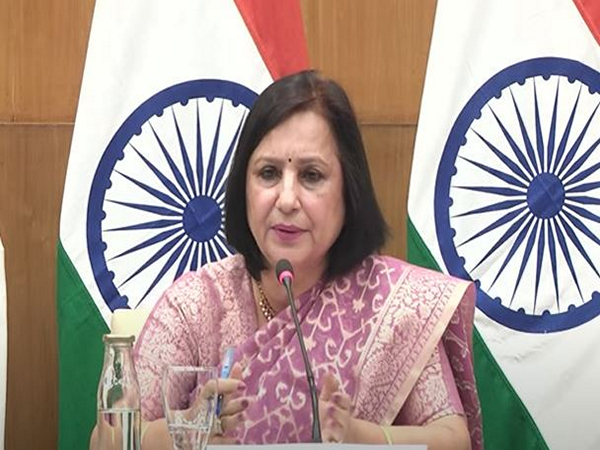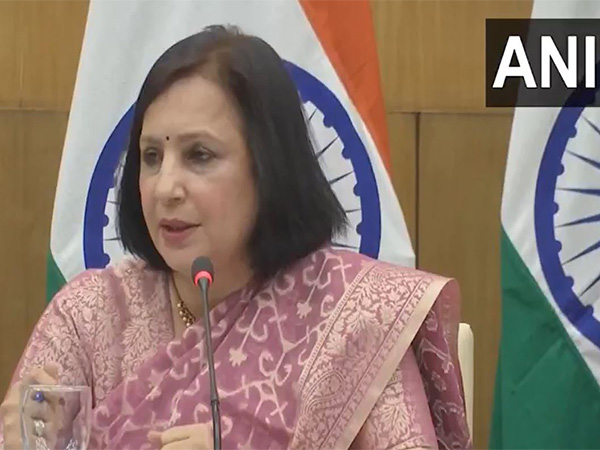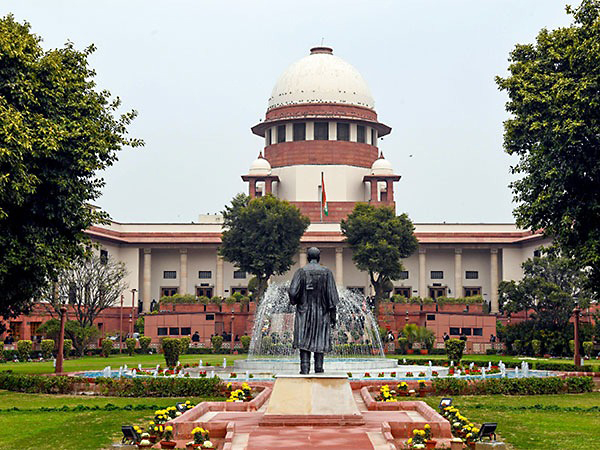
Supreme Court to hear suo moto cognisance on ecological imbalance in Himachal Pradesh
Aug 25, 2025
New Delhi [India], August 25 : The Supreme Court on Monday said it would appoint an amicus curiae to assist it in the matter in which it took suo motu cognisance of the ecological imbalance in Himachal Pradesh.
A bench of Justices Vikram Nath and Sandeep Mehta posted the matter for hearing after four weeks.
Appearing before the court, the Advocate General and Additional Advocate General of Himachal Pradesh informed that the state had filed a report on August 23.
On July 28, a different bench of Justices JB Pardiwala and R Mahadevan had said Himachal Pradesh might "vanish in thin air" if the situation did not change.
It was then dealing with a petition against an order of the Himachal Pradesh High Court, which declined to entertain a plea challenging the state's June 2025 notification declaring certain areas as green areas.
While refusing to interfere with the High Court's order, the top court had said the obvious reason for issuing the notification was to curb construction activities in a particular area.
It had been observed that the situation in the state had deteriorated, and it was said that climate change was having a "visible and alarming impact".
According to experts and various reports, the major causes of destruction in the state were hydropower projects, four-lane roads, deforestation, multi-storey buildings, etc., it had noted.
The apex court had said that it was essential to seek the opinion of geologists, environmental experts and locals before undertaking development projects.
It is also known as tourism, a major source of income in the state, but it has been flagged for its uncontrolled growth, which is straining the environment there.
The bench had said the Centre also owed an obligation to ensure the ecological imbalance in the state did not deteriorate further or face natural calamities and directed the top court registry to register a writ petition in public interest on the matter.
The apex court had asked the state to file a detailed response outlining whether it had any action plan to address the issue and what measures it proposed for the future.
